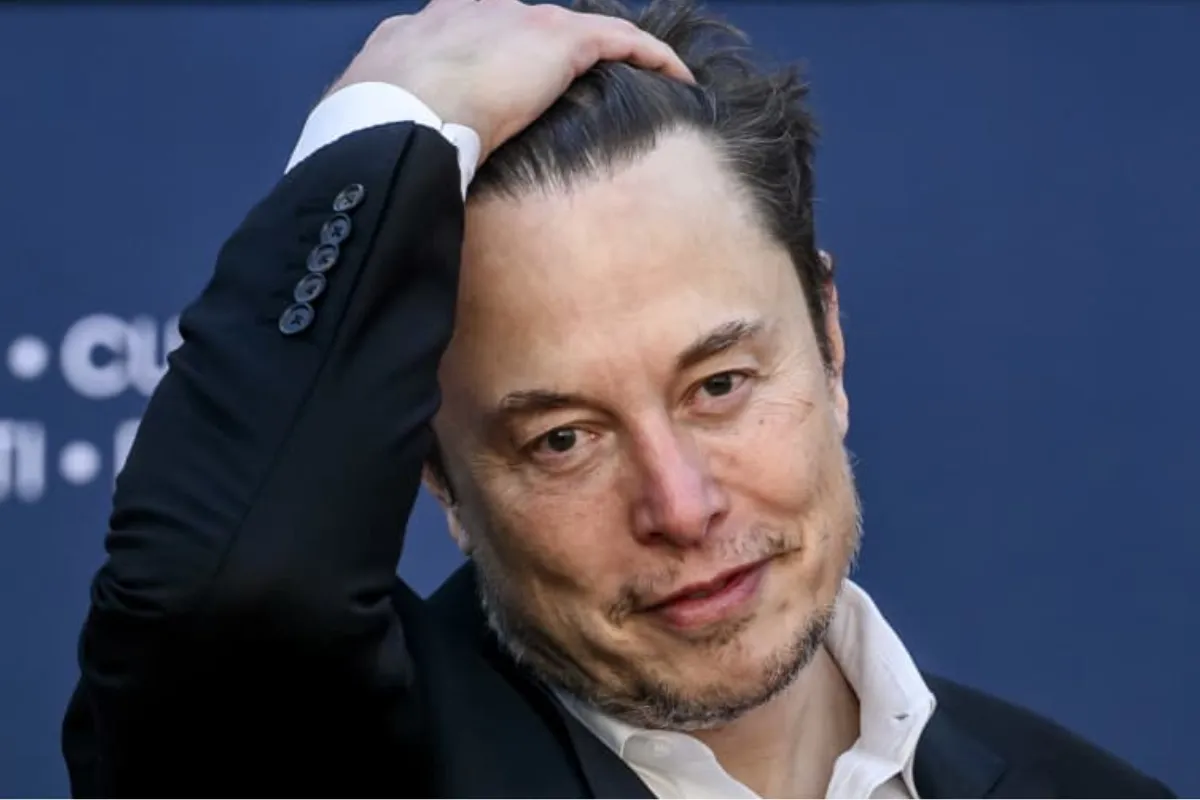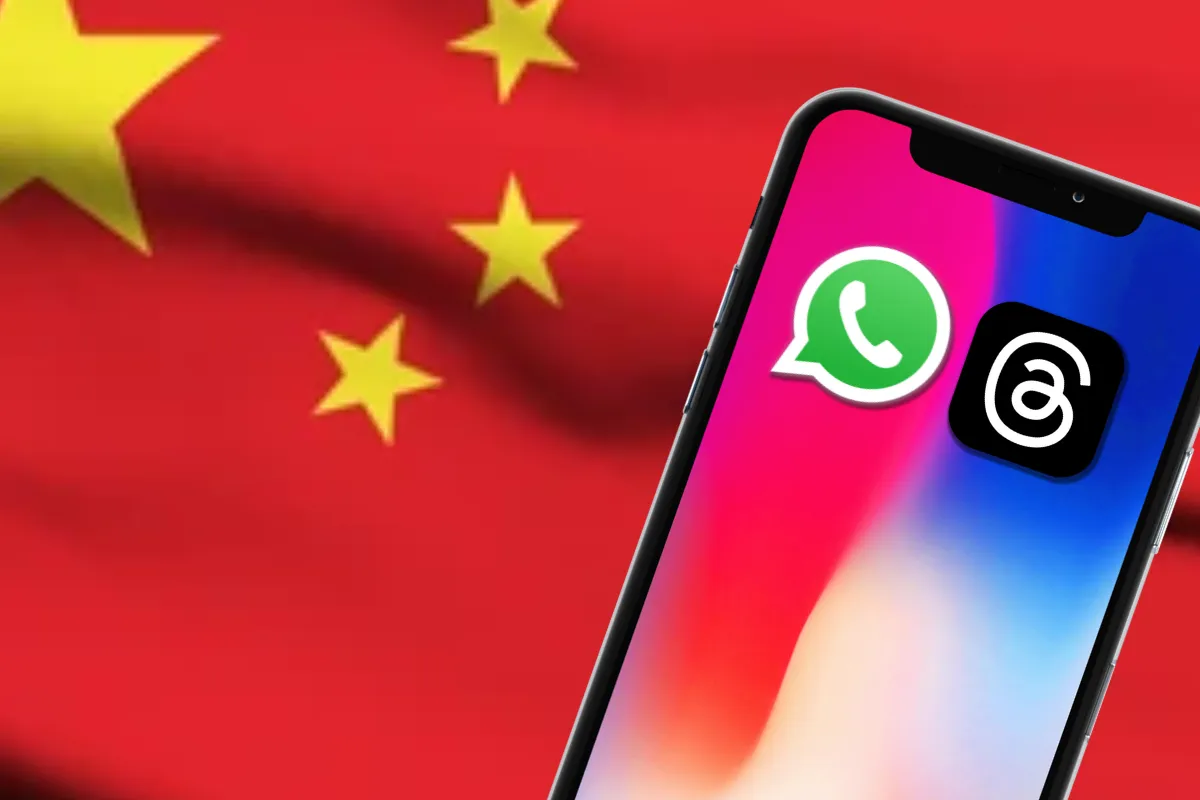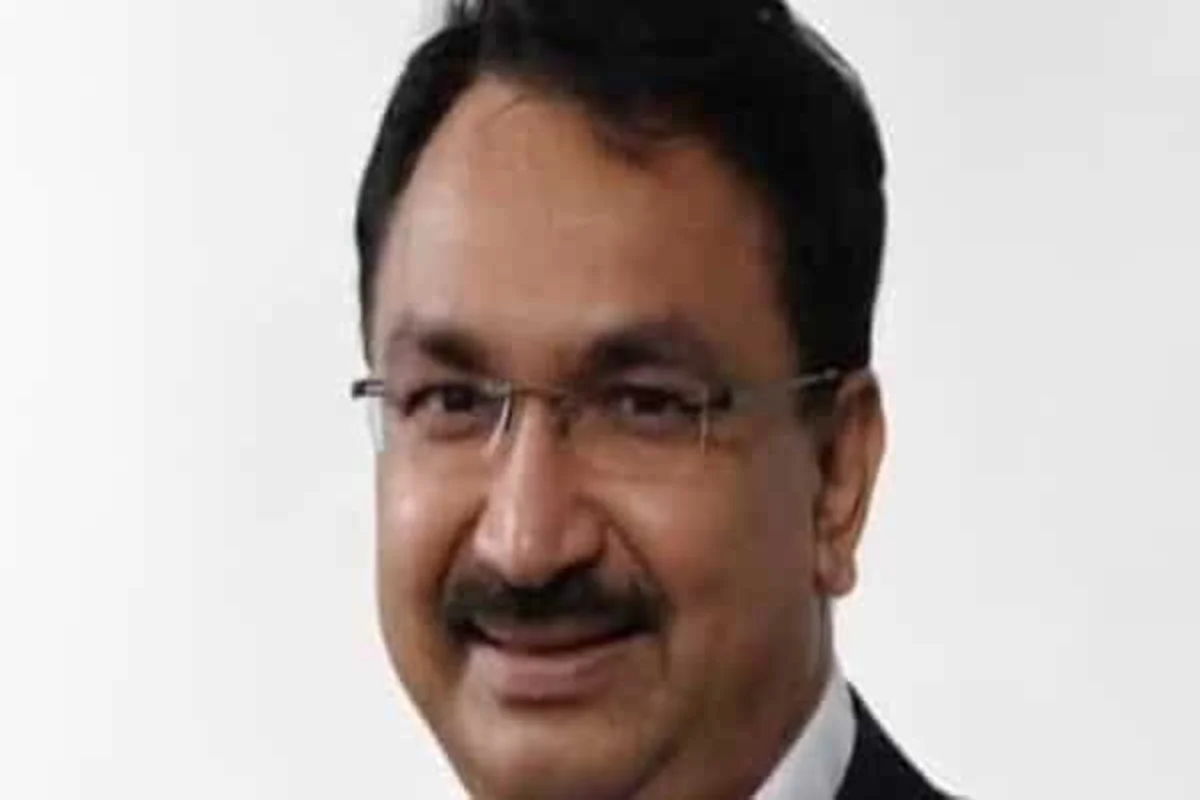China protests: Following the largest street demonstrations in decades held by civilians fed up with draconian anti-virus measures, China’s ruling Communist Party has vowed to “resolutely crack down on infiltration and sabotage efforts by hostile forces.”
The statement from the Central Political and Legal Affairs Commission, issued late Tuesday, comes amid a tremendous show of force by security forces to dissuade a repeat of the weekend rallies in Beijing, Shanghai, Guangzhou, and other cities.
The message serve as a reminder of the party’s will to maintain its rule
While the message did not explicitly address the protests, it did serve as a reminder of the party’s will to maintain its rule.
Hundreds of SUVs, vans, and armoured vehicles with flashing lights were parked along city streets Wednesday as police and paramilitary troops conducted random ID checks and examined people’s phones for images, forbidden applications, or other potential evidence that they had participated in the protests.
The number of persons detained during the demonstrations and subsequent police actions is unknown.
The commission’s statement, issued during an expanded session Monday presided over by its president Chen Wenqing, a member of the party’s 24-member Politburo, stated that the meeting aimed to assess the outcomes of the party’s 20th party congress held in October.
Xi granted himself a third five-year term as secretary general at that occasion, potentially anointing him China’s leader for life while filling crucial bodies with loyalists and removing opposing voices.
“The meeting emphasised that political and legal organs must take effective measures to… resolutely safeguard national security and social stability,” according to the statement.
“We must resolutely crack down on infiltration and sabotage activities by hostile forces in accordance with the law, resolutely crack down on illegal and criminal acts that disrupt social order and effectively maintain overall social stability,” it stated.
Yet, less than a month after appearing to secure his political future and overwhelming domination, Xi, who has stated that regime stability is more important than anything else, is facing his most public threat yet.
He and his party have yet to explicitly address the upheaval, which has expanded to college campuses and Hong Kong’s semi-autonomous southern district, as well as sparked solidarity protests around the world.
The majority of protesters focused their ire on the “zero-COVID” policy, which has locked millions of people up and quarantined them, limiting their access to food and medicine while wreaking havoc on the economy and severely restricting mobility. Many derided the government’s shifting logic, as well as allegations that “hostile outside foreign forces” were fueling the uproar.
However, bolder voices called for greater freedom and democracy, as well as the resignation of Xi, China’s most powerful leader in decades, and the party he controls – speech considered subversive and punishable by severe prison sentences. Some demonstrated their lack of free speech rights by holding up blank pieces of white paper.
The weekend protests were inspired by outrage over the deaths of at least ten people in a fire in China’s far west on Nov. 24, which prompted passionate online queries about whether firemen or victims attempting to flee were hindered by anti-virus controls.
Also Read: Morgan Stanley expects the Sensex to reach 80000 by December 2023, but there is a caveat
Authorities relaxed certain limitations and launched a new effort to vaccinate
Following the demonstrations, authorities relaxed certain limitations and launched a new effort to vaccinate vulnerable groups, but they maintained their “zero-COVID” stance.
The party had already committed to reduce interruptions last month, but a spike in infections spurred party cadres to tighten controls in an effort to avert epidemics. The National Health Commission reported 37,612 instances recorded in the preceding 24 hours on Wednesday, while the death toll stood at 5,233.
Tsinghua University in Beijing, where students demonstrated over the weekend, as well as other schools in the capital and the southern province of Guangdong, ordered students home in an apparent attempt to cool tensions. Chinese government are suspicious of colleges, which have historically served as hotbeds of activity, including the Tiananmen Square uprisings.
Police looked to be trying to keep their crackdown hidden from view, probably to avoid inciting others by calling attention to the magnitude of the protests. The party’s enormous online censorship apparatus erased videos and messages about protests on Chinese social media.
“Zero-COVID” has helped keep case numbers lower than in the United States and other big countries, but global health experts, including the World Health Organization’s head, are increasingly saying it is unsustainable. China condemned the comments as reckless.
To limit economic disruption, Beijing must take a “highly focused” strategy, according to the director of the International Monetary Fund in an interview with The Associated Press on Tuesday.
“We see the importance of moving away from massive lockdowns,” remarked Kristalina Georgieva, Managing Director of the International Monetary Fund, in Berlin.
Economists and health experts, on the other hand, caution that Beijing cannot lift the restrictions that keep most visitors out of China until tens of millions of elderly people are immunised. According to them, “zero-COVID” may not be phased out for another year.
On Wednesday, US Ambassador to China Nicholas Burns stated that constraints were making it impossible for US diplomats to interact with American captives jailed in China, as required by international treaties. Due to a lack of commercial aircraft routes into the nation, the Embassy must rely on monthly charter flights to transport its people in and out of the country.
In an online discussion with the Chicago Council on Global Affairs, he stated that “COVID is really dominating every aspect of life” in China.
Burns stated that the embassy was monitoring the protests and the government’s response, but that “we believe the Chinese people have a right to protest peacefully.”
“They have the right to express themselves. They are entitled to be heard. That is a fundamental human right all across the world. It ought to be. That should not be the case. And that right should not be hampered or tampered with in any way “He stated.
Burns also mentioned Chinese authorities harassing and detaining foreign journalists covering the protests.
He said, “We support freedom of the press as well as freedom of speech.”
Keep watching our YouTube Channel ‘DNP INDIA’. Also, please subscribe and follow us on FACEBOOK, INSTAGRAM, and TWITTER












